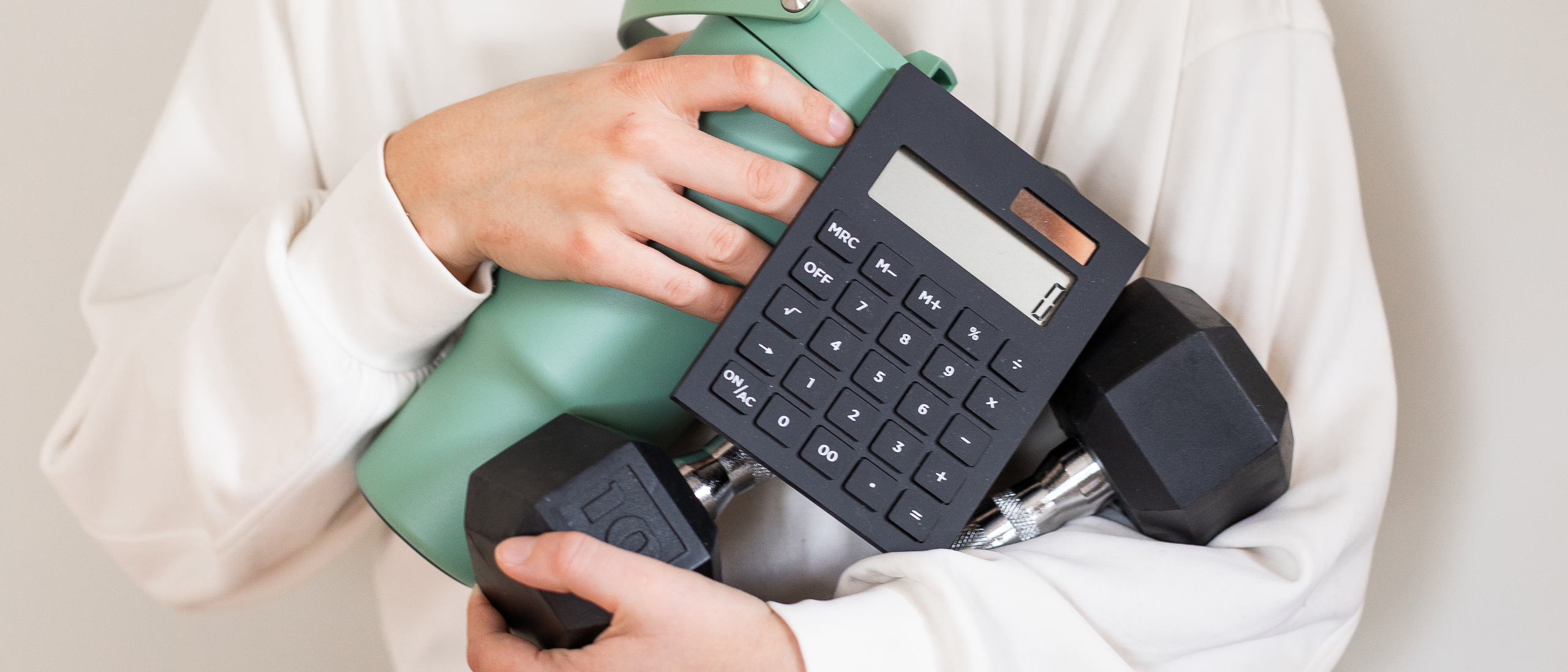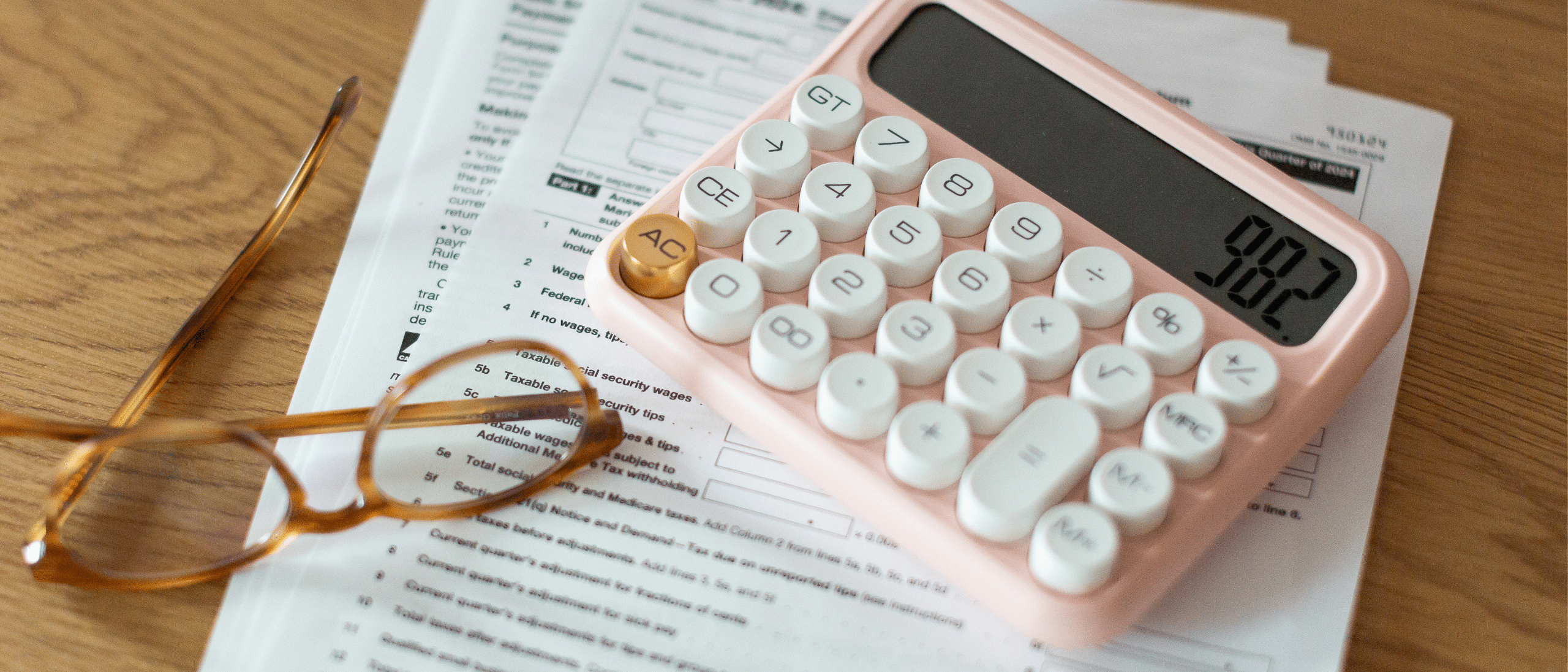If you’ve ever wondered whether an expense is the same as a deduction, or how to tell what you can “write off,” then you’re not alone.
As an accountant working with small business owners every day, I’ve had this conversation more times than I can count. It’s one of my favorite conversation topics with clients! In today’s post, I’ll tell you what I tell my clients about the difference between expenses and deductions. Moreover, I’ll help you understand which expenses may not be deductible.
What are business expenses?
In simple terms, business expenses are the costs you incur in the normal course of running your business. These expenses include anything you pay for to keep your business up and running.
Some common examples for small business owners are:
- Advertising and marketing
- Employee wages or payments to contractors
- Office supplies
- Rent
- Software subscriptions
- Travel costs for business trips
- Utility bills
In other words, every time you spend money for business purposes, that’s a business expense. That part is pretty straightforward.
What are tax deductions?
A tax deduction is an amount you can subtract from your income when filing taxes. This allows you to pay less in taxes since the deduction lowers your income amount that’s being taxed.
In other words, if you earn $100,000 in business income and have $40,000 in deductible expenses, you only pay taxes on the remaining $60,000 of income. That $40,000 in deductible expenses are what we call your tax deductions or “write offs.”
Now here’s where things can get a little confusing: not every business expense is automatically a tax deduction. But the good news is that most business expenses can be deducted on your tax return!
Think of it like this:
- Expenses are the money you spend.
- Deductions are the portion of your expenses that the IRS lets you subtract from your income to reduce your tax bill.
Are all business expenses deductible?
Most business expenses are deductible if they meet the “ordinary and necessary” tests set by the IRS. These tests say that in order for a business expense to be deductible, you must be able to show that both of these standards have been met:
- The expense is ordinary, meaning that it is common and accepted in your industry, and
- The expense is necessary, meaning that it is helpful and appropriate for your type of business or trade.
For example, purchasing Adobe software, website hosting, or a new laptop to use in your freelance graphic design business are all ordinary and necessary purchases. However, purchasing a fancy espresso machine for your home office won’t qualify under these rules. Even if you could argue that you do need coffee to run your business!
What business expenses aren’t deductible?
In addition to expenses needing to meet the “ordinary and necessary” rules, there are some expenses that the IRS won’t allow your business to deduct even if they seem to be related to your business.
Some common examples of non-deductible business expenses are:
- Charitable contributions made by an S-Corporation, LLC, partnership, or sole proprietorship
- Clothing that can be worn outside of work unless it is a uniform with your business name on it or you need to wear it for safety while working
- Daily commuting costs from your home to your regular business location
- Entertainment expenses for things like taking a client to a concert or memberships to clubs
- Fines and penalties for things like parking tickets
- Personal expenses for things like personal use of a cell phone or childcare expenses
- Political contributions
If you have questions about whether or not an expense can be a deduction, it’s always best to consult an accountant to be sure.
And if you’re looking for a detailed list of the business expenses you can deduct, then I’ve got that ready for you! I also have a slew of other free articles about specific business deductions to help get you ready for tax time.
Abridged by Amy
While the terms “expense,” “deduction,” and “write off” are often used interchangeably, they technically mean different things in the tax world. As a small business owner, it is important for you to know which business expenses are deductible. Also, keep track of all of your business expenses so you don’t miss out on any tax deductions.
If this kind of record keeping is not your forte, don’t hesitate to reach out to an accountant who can help you keep your business records and finances organized all year long.




